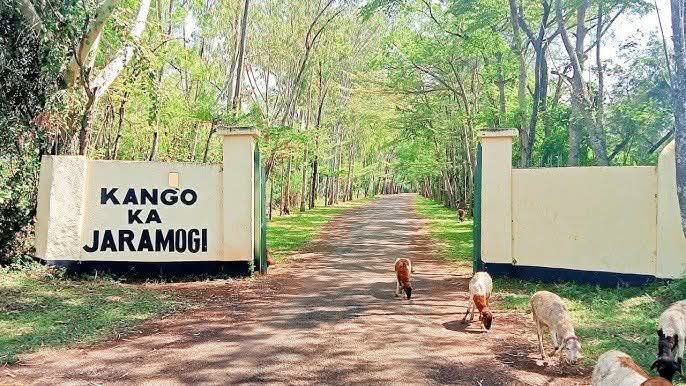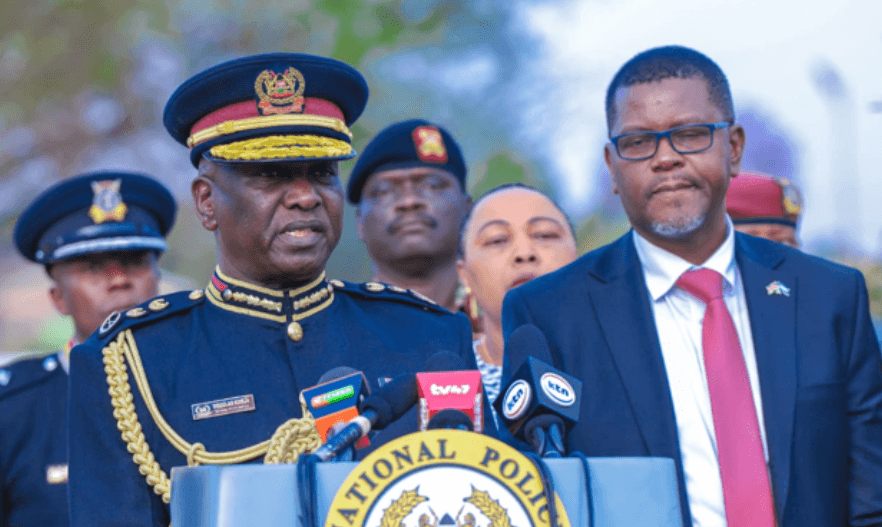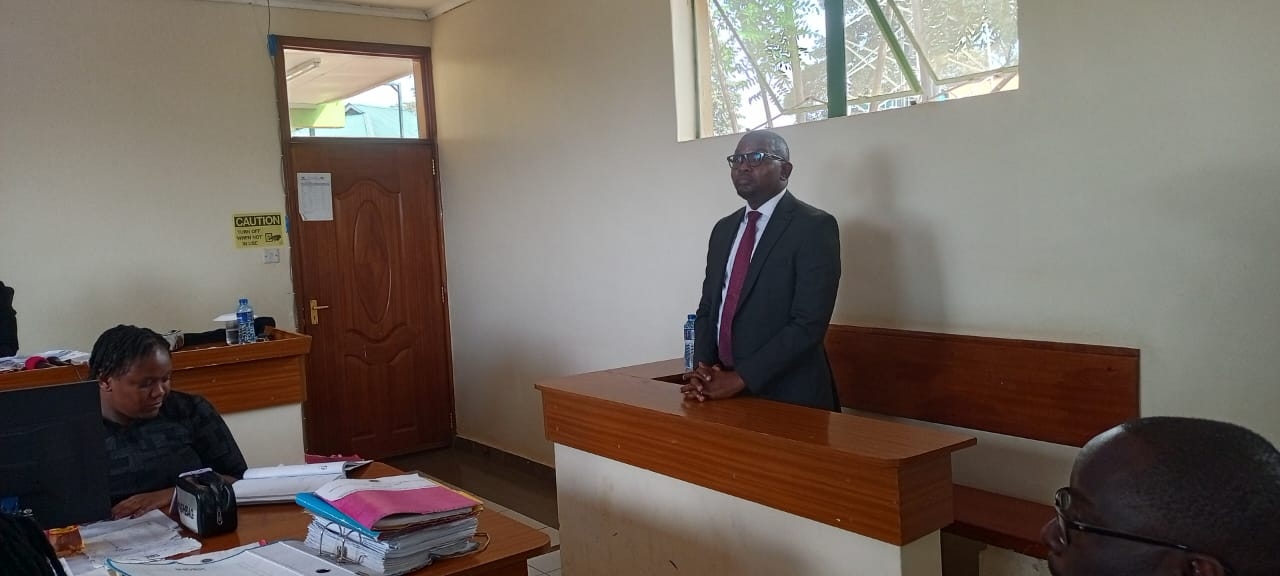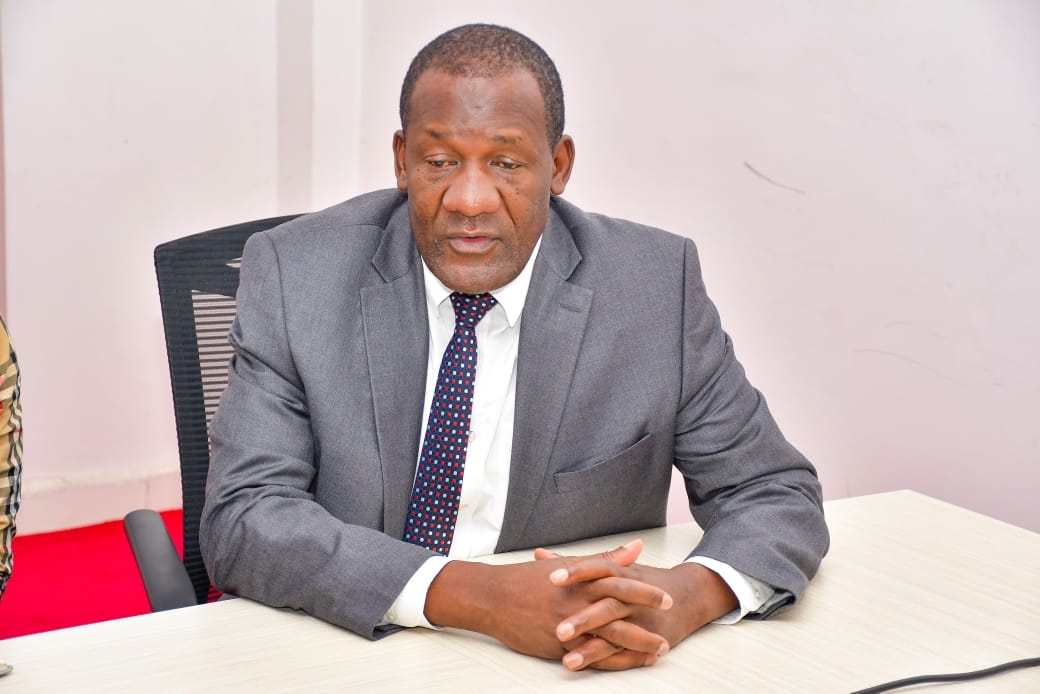In a heartening development for conservation efforts, the Kenya Wildlife Service (KWS) has announced the birth of a baby rhino at Meru National Park.
The newborn, KWS said, was spotted by rangers at the park while with her mother.
“We’re thrilled to kick off the week with some exciting news: A baby rhino has been born. We can’t wait to watch her grow and thrive in her natural habitat,” KWS said.
"The birth of the rhino symbolises hope for the future and highlights our ongoing commitment to rhino conservation and the protection of endangered wildlife species," it stated.
In 2020, the Meru National Park made record as the only park in the country that had the highest number of births.
By June of that year, there were nine calves out of the total 31 born in all other parks across the country.
The park initially had over 200 rhinos but most of them were lost due to poaching activities.
In 1979, there was only one surviving.
In a bid to save the animals, KWS established a sanctuary in the 870 square kilometre that is now home to the endangered black and white rhino species and which are under 24-hour surveillance.
There are currently over 40 rhinos at the sanctuary from the only six white rhinos that were introduced in 2002.
A KWS report in 2017 put the total number at 61 white rhinos and 28 black rhinos.
They were mainly brought in from Lewa Conservancy and Nakuru and Nairobi National Parks.

















